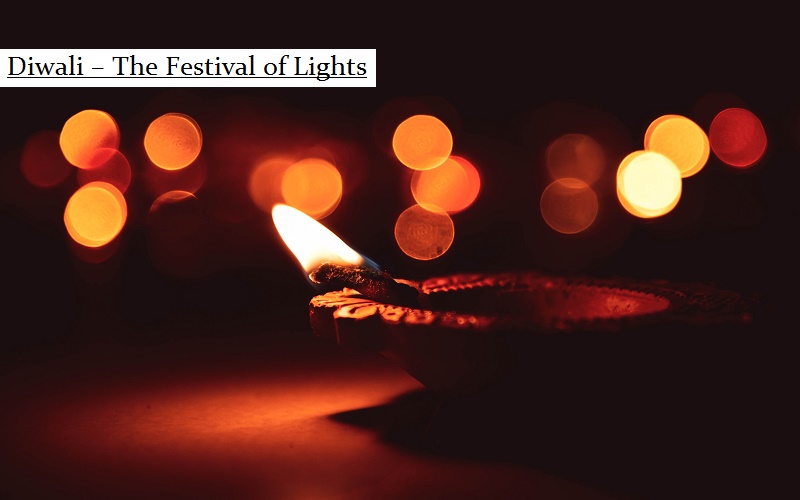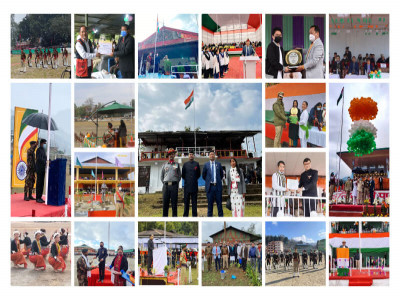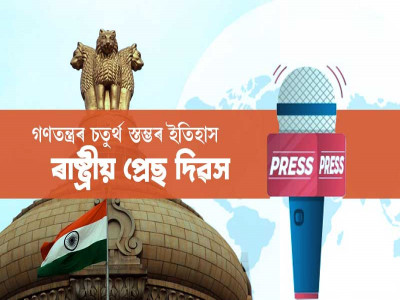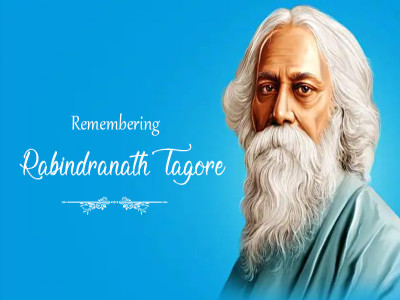
Diwali – The Festival of Lights
Diwali or Deepavali is a
grand festival that is an integral part of the India’s vast cultural milieu. As
with all Indian festivals, Diwali also has a spiritual significance. Known as
the “festival of lights”, it is common to celebrate Diwali by lighting lamps
and bursting crackers. There are many stories around Diwali in the popular
culture. Indian festivals are consciously designed as an ingenious way of
cultivating a spirit of togetherness and celebration in the larger society.
Many traditions that are followed on this auspicious day have a deep-rooted
spiritual significance.
In a true testament to
unity in diversity, Diwali is celebrated quite differently across India. One
thing that remains common is that every village, town and city is lit up with
thousands of lamps everywhere. This lighting of lamps symbolizes the victory of
light over darkness.
Diwali always starts with
a thorough cleaning and decoration of the home. This is also a time to make
traditional rangolis. People visit each other, dress up resplendently, exchange
gifts, conduct rituals and pujas and come together to enjoy feasts and burst
firecrackers.
In northern India, Diwali
is seen as a celebration of Lord Rama’s return to Ayodhya after fourteen years
in the forest. On this moonless night, people are said to have welcomed him
home by lighting thousands of lamps in his honor.
In western parts of
India, Diwali is considered the beginning of a new year and the central theme
is worshipping Lakshmi, the goddess of wealth and prosperity.
In eastern parts of the
country, the day of Diwali is devoted to Kali and is celebrated as Kali Puja.
In southern India, Diwali
is celebrated because on this day, Krishna slew the demon Narakasura. As most
stories in the Yogic lore, this is also a dialectical way to communicate a significant
aspect of the spiritual process to the masses through a culturally relevant
expression. The word “Naraka” literally means “hell.” Krishna’s slaying of this
hellish being symbolizes the innate ability in every human being to overcome
negativity and rise to new possibilities.
Let the light of Diwali
be the light that outshines the dark clouds. As goodness ultimately triumphs
over evil, we humans too will be victorious in our battles.
On this occasion of
Deepavali, let’s ensure to be by the side of good and promise to keep the true
meaning of the festival, that is, knowledge will prevail over ignorance, and
goodness will overcome evil, and purity will keep out impurity.
Disclaimer: The opinions expressed in this article are those of the author's. They do not purport to reflect the opinions or views of The Critical Script or its editor.

Newsletter!!!
Subscribe to our weekly Newsletter and stay tuned.

















Related Comments